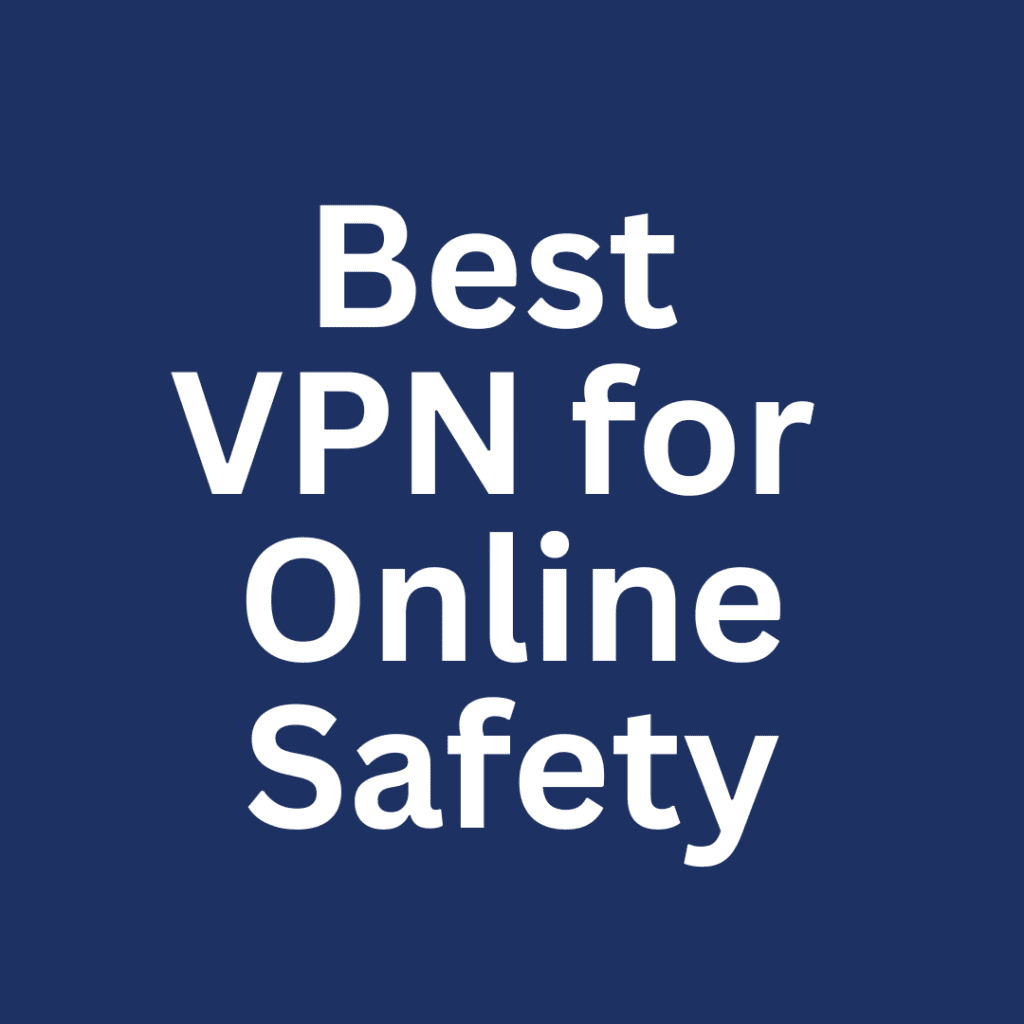How to Buy the Best VPN for Your Online Safety?
Virtual Private Networks (VPNs) have become increasingly popular in recent years as more and more people look to protect their online privacy and security. With the growing number of cyber threats and data breaches, it’s more important than ever to take steps to secure your online activity. One way to do this is by using a VPN, which can encrypt your internet traffic and mask your IP address, helping to protect your online activity from prying eyes.
However, with so many VPNs available on the market, it can be difficult to know which one is the best choice for you. In this article, we’ll explore the key factors to consider when buying a VPN, including security and privacy features, speed, and cost. By following these tips, you’ll be able to find the VPN that best meets your needs and helps keep you safe online.
Here are the steps to follow when purchasing a VPN (Virtual Private Network) to ensure online safety:
Determine your needs: The first step in purchasing a VPN is to determine why you need one. Do you want to protect your privacy while browsing the internet? Do you need to access websites that are blocked in your region? These are important considerations that will help you choose the right VPN provider.
Research different VPN providers: Once you know what you need, it’s time to start researching different VPN providers. Look for reviews and comparisons online to get a sense of the best options available. Consider factors such as the company’s location, logging policies, number of servers, and overall reputation.
Check for compatibility: Make sure the VPN you choose is compatible with your device. Some VPNs work only on certain operating systems or devices, so it’s important to check before purchasing.
Consider the price: VPNs can vary significantly in price, so it’s important to consider your budget when choosing a provider. Keep in mind that a more expensive VPN doesn’t necessarily mean it’s the best option.
Look for additional features: Some VPNs offer additional features such as ad blocking, malware protection, and the ability to bypass censorship. Consider whether these features are important to you and choose a provider that offers them if necessary.
Sign up for the VPN: Once you’ve chosen a VPN provider, you can sign up for their service. Most providers offer different subscription plans, so be sure to choose the one that meets your needs.
Install the VPN: After signing up, you’ll need to install the VPN on your device. Follow the instructions provided by the provider to do this.
Connect to the VPN: Once the VPN is installed, you can connect to it by selecting the VPN from your device’s settings and entering your login credentials. From then on, all of your internet activity will be routed through the VPN, providing a secure connection.
Test the VPN: Finally, it’s a good idea to test the VPN to make sure it’s working properly. Try accessing a blocked website or check your IP address to verify that the VPN is properly masking your location. If you have any issues, reach out to the VPN provider’s customer support for assistance.
In conclusion, a VPN is an essential tool for protecting your online privacy and security. By considering factors such as security and privacy features, speed, and cost, you can find the VPN that best meets your needs. Whether you’re looking to unblock websites, protect your data from hackers, or simply want to keep your online activity private, a good VPN can help you achieve your goals. By following these tips, you can confidently choose a VPN that will help keep you safe and secure online.
What should I consider when looking for a VPN?
There are several key factors to consider when selecting a VPN service, including:
Security: Look for a VPN that uses strong encryption, such as AES-256, to protect your online activity.
Privacy: Choose a VPN that has a clear and comprehensive privacy policy, and that does not keep logs of your online activity.
Speed: A VPN can slow down your internet connection, so it’s important to choose one that offers fast speeds.
Server locations: Make sure the VPN has servers located in the countries you need to access content from.
Compatibility: Check that the VPN is compatible with your device and the operating system you are using.
How much does a VPN cost?
The cost of a VPN can vary widely, from free to several hundred dollars per year. In general, free VPNs tend to be less secure and slower than paid options, and they may also have fewer server locations and features. Paid VPNs can offer more security, faster speeds, and more features, but they can also be more expensive. It’s important to carefully consider your needs and budget when selecting a VPN.
Can I use a free VPN?
There are many free VPNs available, but they often have limitations in terms of security, speed, and features. Some free VPNs may also sell your data or show you ads to make money. If you need a VPN for more than occasional use or if you are concerned about your online privacy, it is generally recommended to choose a paid VPN.
Is it legal to use a VPN?
In most countries, it is legal to use a VPN. However, there are a few countries where the use of VPNs is restricted or banned, such as China, Russia, and Iran. It’s important to check the laws in your country before using a VPN.
Can a VPN protect me from all online threats?
While a VPN can help to protect your online activity from being monitored or tracked by third parties, it is not a complete solution for online security. A VPN can encrypt your internet connection and help to protect your privacy, but it cannot protect you from all online threats, such as viruses and malware. It’s important to use other security measures, such as a firewall and antivirus software, to help protect your device and data.


